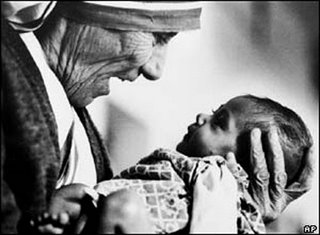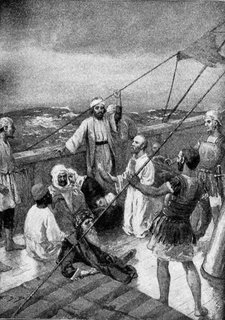 THE LAUSANNE COVENANT
THE LAUSANNE COVENANTParagraph 9
9. THE URGENCY OF THE EVANGELISTIC TASK
More than 2,700 million people, which is more than two-thirds of all humanity, have yet to be evangelized. We are ashamed that so many have been neglected; it is a standing rebuke to us and to the whole Church. There is now, however, in many parts of the world an unprecedented receptivity to the Lord Jesus Christ. We are convinced that this is the time for churches and para-church agencies to pray earnestly for the salvation of the unreached and to launch new efforts to achieve world evangelization. A reduction of foreign missionaries and money in an evangelized country may sometimes be necessary to facilitate the national church's growth in self-reliance and to release resources for unevangelized areas. Missionaries should flow ever more freely from and to all six continents in a spirit of humble service. The goal should be, by all available means and at the earliest possible time, that every person will have the opportunity to hear, understand, and to receive the good news. We cannot hope to attain this goal without sacrifice. All of us are shocked by the poverty of millions and disturbed by the injustices which cause it. Those of us who live in affluent circumstances accept our duty to develop a simple life-style in order to contribute more generously to both relief and evangelism.
(John 9:4; Matt. 9:35-38; Rom. 9:1-3; I Cor. 9:19-23; Mark 16:15; Isa. 58:6,7; Jas. 1:27; 2:1-9; Matt. 25:31-46; Acts 2:44,45; 4:34,35)
So how do we reach 2,700 million people who have never heard of Jesus?

I know there are a lot of "how to do it right" books and we are emerging into a new missional era, but for some reason I can't help but think we're just complicating things (again-still).



